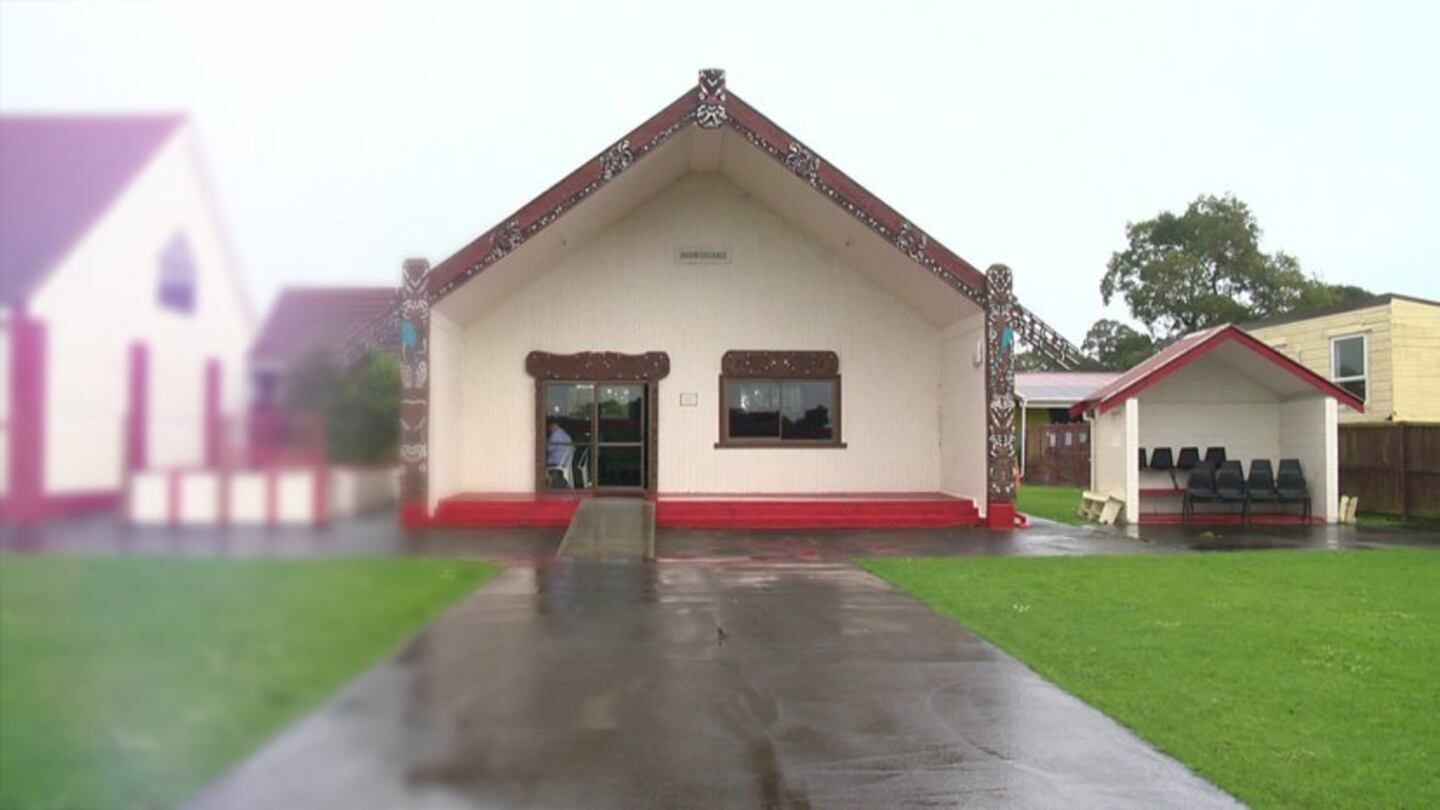Te Oreore Marae in Whakaoriori (Masterton) is potentially facing the axe unless it upgrades its building to earthquake-proof strength.
And there are many other many marae buildings around the country that may need costly earthquake strengthening - or face demolition too.
The law covering earthquake-prone buildings means marae across the country may be required to have an engineer's report and seismic assessment by 2026. If the cost of strengthening is unaffordable or marae buildings aren't up to standard, they may have to be demolished.
Paora Pōtangaroa built Ngā Tau e Waru in 1881 in Wairarapa, where iwi could gather, and in 1935 it burned down and had to be rebuilt. Demetrius Pōtangaroa from Te Oreore Marae says the original marae was from another time.
"The whare was initially established for all people. Gone are the times when people would host every marae in the Wairarapa. That's your whanaunga marae down there, you go there and represent the paepae."
"I think marae are our life essence. They're who we are."
Will marae get support to be earthquake-proof?
Local government issue
Pōtangaroa says people are worried it may once again be destroyed because of the Masterton District Council's decision in 2017 to label the building earthquake-prone, following changes to the Building Act in 2016.
"Because there are a lot of questions whānau have, we haven't been able to get into that detail with the council and I expect that it is the same for marae all over the rohe, all over the country. Suffering the same consequences whereby it's just expected that someone will turn up and tell you you need to close."
Te Ao Māori News asked Local Government NZ, and the national organisation for local government professionals Taituarā for comment but both said that this wasn't their issue. Pōtangaroa says local councils need to take the lead on this issue.
Pōtangaroa says he thinks it needs to be labelled a local government issue. "The other problem you have is local bodies have different requirements for their areas, which becomes a problem for marae. As marae we try to exhaust all avenues of funding but there is still that mindset that what is applicable to your marae is not applicable to my marae."



